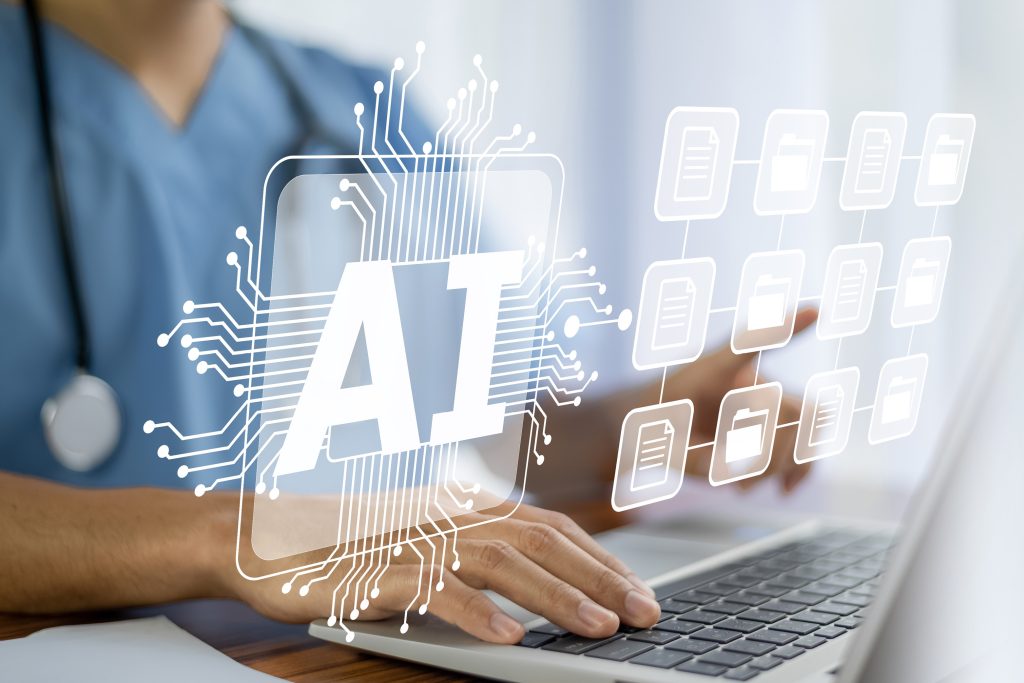a.i. & patient care | Mercy is partnering with Microsoft to use generative A.I. and other digital technologies to give health care providers more time to care for patients. Mercy plans to use Microsoft Azure OpenAI Service for tasks like helping patients understand their lab results and taking calls to schedule appointments. It also will create a chatbot for Mercy employees to quickly find important information. “With Microsoft, we are exploring more than four dozen uses of AI and will launch multiple new AI use cases by the middle of next year to transform care and experiences for patients and co-workers,” says Joe Kelly, Mercy’s executive vice president of transformation and business development officer. “This is predictive, proactive and personalized care at its best.”
proteins & cancer growth
Working with the Broad Institute of MIT and Harvard, Brigham Young University and other institutions around the world, Washington University School of Medicine has established the Clinical Proteomic Tumor Analysis Consortium to investigate key proteins driving cancer and how they’re regulated. Researchers analyzed around 10,000 proteins involved in 10 different types of cancer. “In our efforts to develop better cancer therapies, this new analysis of the proteins driving tumor growth is the next step after cancer genome sequencing,” says Li Ding, Ph.D., the David English Smith Distinguished Professor of Medicine at Washington University. “Through our past work sequencing the genomes of cancer cells, we identified almost 300 genes driving cancer. Now, we are studying the details of the machinery these cancer genes set in motion.”
preventing sports injury
Researchers at Saint Louis University are enrolling 200 football coaches in Missouri in a clinical trial to improve their knowledge of musculoskeletal injury. The risk of significant injury is one in three for an athlete during a competitive season. Evidence suggests that neuromuscular training (NMT) warm-up programs can reduce incidence of injury by 60%. However, this training is underused by coaches. The trial will investigate the effectiveness of a web-based musculoskeletal athletic injury prevention training course. “Evidence tells us that NMT warm-up exercises are effective; now, with this study, we want to find out if online coach training can be effective in increasing coaches’ knowledge about musculoskeletal injury prevention and promoting the implementation of NMT exercises,” says Oluwatoyosi Owoeye, Ph.D., lead investigator and assistant professor of physical therapy.
second heart attacks
Taking a daily aspirin has been shown to reduce the risk of a second heart or stroke by around 25%. A study from Washington University School of Medicine has shown that fewer than half of the people worldwide who have experienced cardiovascular disease take the medication. “Survivors of heart attacks and stroke often face a high risk of having subsequent events,” says first author Sang Gune Yoo, M.D., a cardiovascular disease fellow in the Cardiovascular Division. “Aspirin offers one effective and relatively
low-cost option for reducing the likelihood of additional events in individuals with established cardiovascular disease, and yet most people who could benefit from a daily aspirin don’t take it.”
